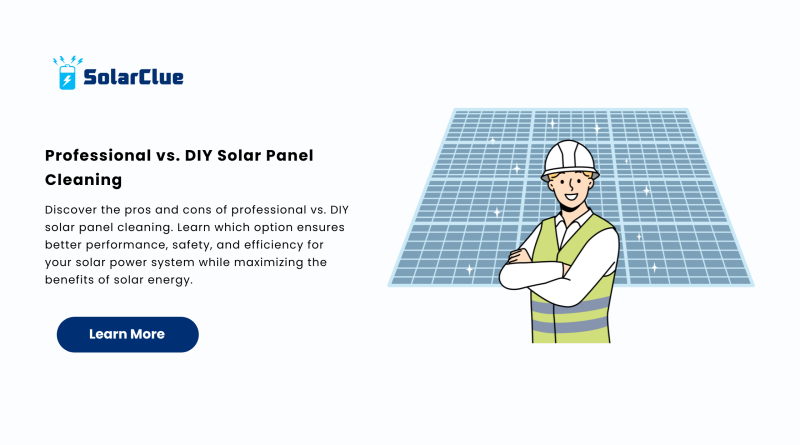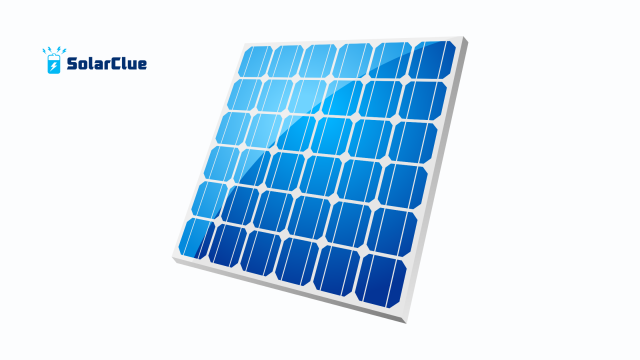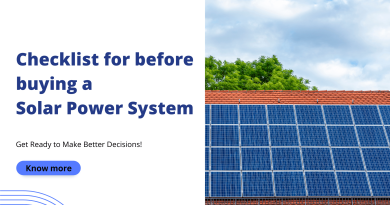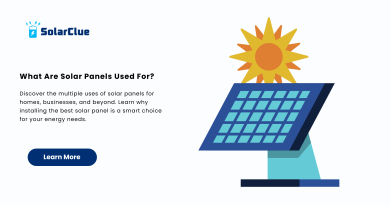Professional vs. DIY Solar Panel Cleaning
When it comes to maximizing the efficiency of your solar panels, maintenance is just as important as installation. One of the most overlooked yet crucial aspects of a solar power system is solar panels cleaning. Over time, dirt, dust, bird droppings, and pollution can reduce panel efficiency by up to 20–30%. This raises an important question: should you opt for professional solar panel cleaning or handle it yourself with a DIY solar panel cleaning approach? Understanding the difference between the two can help homeowners and businesses make the best decision for their energy needs.
In this blog, we’ll dive deep into the advantages, risks, and long-term outcomes of professional vs. DIY solar panel cleaning, helping you choose the right option to keep your solar energy investment at its peak performance.
Table of Contents
- 1 Why Solar Panel Cleaning Matters
- 2 DIY Solar Panel Cleaning: A Cost-Friendly Approach
- 3
- 4 Professional Solar Panel Cleaning: A Smart Investment
- 5 Professional vs. DIY Solar Panel Cleaning: Key Comparison
- 6 Which Option is Right for You?
- 7 How Often Should Solar Panels Be Cleaned?
- 8 FAQs on Solar Panel Cleaning
- 9 Conclusion
Why Solar Panel Cleaning Matters
The Impact of Dirt and Debris
Solar panels work by capturing sunlight and converting it into usable solar power. Even a thin layer of dust or leaves can block sunlight, reducing output significantly. In regions with heavy pollution, coastal salt deposits, or frequent bird activity, solar panels cleaning becomes even more critical.
Efficiency and Energy Output
Unclean panels may generate 15–25% less electricity, directly affecting the performance of your solar power system. Regular cleaning ensures that your panels continue producing energy efficiently and that you get the best return on investment.
DIY Solar Panel Cleaning: A Cost-Friendly Approach
Benefits of DIY Cleaning
-
Cost Savings – Doing it yourself saves money that would otherwise be spent on professional cleaning services.
-
Convenience – You can clean whenever you notice dirt buildup without scheduling appointments.
-
Basic Maintenance – DIY cleaning helps you stay familiar with your solar panel system and monitor it closely for damages or irregularities.
How to Clean Solar Panels at Home
-
Use a soft sponge or microfiber cloth with mild soap and water.
-
Avoid abrasive brushes that may scratch the glass surface.
-
Rinse panels with clean water, preferably using a hose with low pressure.
-
Always clean in the early morning or late evening to avoid hot surfaces.
Risks of DIY Solar Panel Cleaning
While cost-effective, DIY cleaning comes with several challenges:
-
Safety Hazards: Climbing on rooftops poses risks of slips and falls.
-
Damage Risk: Using the wrong tools or high-pressure washers can crack or scratch panels.
-
Incomplete Cleaning: Without proper equipment, stubborn debris and hard water stains may remain.
-
Warranty Concerns: Some manufacturers require proof of professional cleaning for warranty claims.
Professional Solar Panel Cleaning: A Smart Investment
Benefits of Professional Cleaning
-
Expertise and Equipment – Professionals use specialized tools like deionized water systems, telescopic poles, and eco-friendly cleaning solutions to ensure thorough cleaning without damage.
-
Safety First – Trained technicians handle rooftop access safely, minimizing the risk of accidents.
-
Performance Guarantee – Many services provide efficiency checks and performance reports after cleaning.
-
Warranty Compliance – Regular professional maintenance ensures you meet warranty conditions for your solar panels.
What Professional Cleaning Involves
-
Inspection for cracks, wear, or shading issues.
-
Gentle cleaning with purified water to avoid mineral deposits.
-
Removal of tough stains like bird droppings or sap.
-
Performance tests to ensure panels are operating at maximum capacity.
Drawbacks of Professional Cleaning
-
Cost Factor: Professional services may cost between ₹1,500 to ₹5,000 per session depending on location and system size.
-
Scheduling: You need to book appointments, which may not always align with immediate cleaning needs.
Professional vs. DIY Solar Panel Cleaning: Key Comparison
| Factor | DIY Cleaning | Professional Cleaning |
|---|---|---|
| Cost | Low (only cleaning materials) | Moderate to High |
| Safety | Risky, especially on rooftops | High safety protocols |
| Effectiveness | Basic, may miss stubborn debris | Deep and thorough cleaning |
| Equipment | Household tools | Specialized equipment |
| Warranty Protection | May void warranties if improper | Keeps warranty valid |
| Convenience | Anytime at your choice | Requires scheduling |
Which Option is Right for You?
Choosing between professional vs. DIY solar panel cleaning depends on your priorities:
-
If you prioritize savings and are confident in rooftop safety, DIY cleaning may work for you.
-
If you value efficiency, safety, and warranty compliance, professional cleaning is the smarter choice.
-
For businesses with large solar power systems, professional services are almost always recommended.
How Often Should Solar Panels Be Cleaned?
The ideal frequency depends on factors such as location and environment:
-
Urban Areas: Every 3–4 months due to pollution.
-
Coastal Regions: Every 2–3 months to remove salt deposits.
-
Rural/Agricultural Areas: Every 1–2 months due to dust and pollen.
-
General Maintenance: At least twice a year for all solar panels.
FAQs on Solar Panel Cleaning
1. Can rainwater clean solar panels effectively?
Rain helps wash away loose dirt, but it cannot remove sticky residues like bird droppings or oily deposits. Professional or DIY cleaning is still required.
2. Does cleaning solar panels improve efficiency?
Yes, clean panels can boost energy production by up to 25%, ensuring optimal performance of your solar energy system.
3. Is pressure washing safe for solar panels?
No, high-pressure washing can damage the surface or seals of the solar panel, leading to costly repairs.
4. Can I use regular household cleaning products?
Avoid harsh chemicals. Use mild soap and soft brushes to prevent scratches and residue.
5. How do I know when my panels need cleaning?
Monitor energy output. A sudden drop in performance often indicates dirty panels.
Conclusion
Both professional and DIY solar panel cleaning methods have their place, but the right choice depends on your priorities—whether it’s saving money, ensuring safety, or protecting long-term efficiency. For homeowners with small systems, DIY cleaning may suffice with the right precautions. However, for maximum safety, efficiency, and warranty protection, professional cleaning is often the best option.
Your solar panels are an investment in clean solar power and sustainable solar energy. Keeping them clean ensures they deliver the maximum benefits for years to come.
Want to learn more and explore the best solar solutions? Visit us at solarclue.com or dive deeper into insights at blog.solarclue.com.





